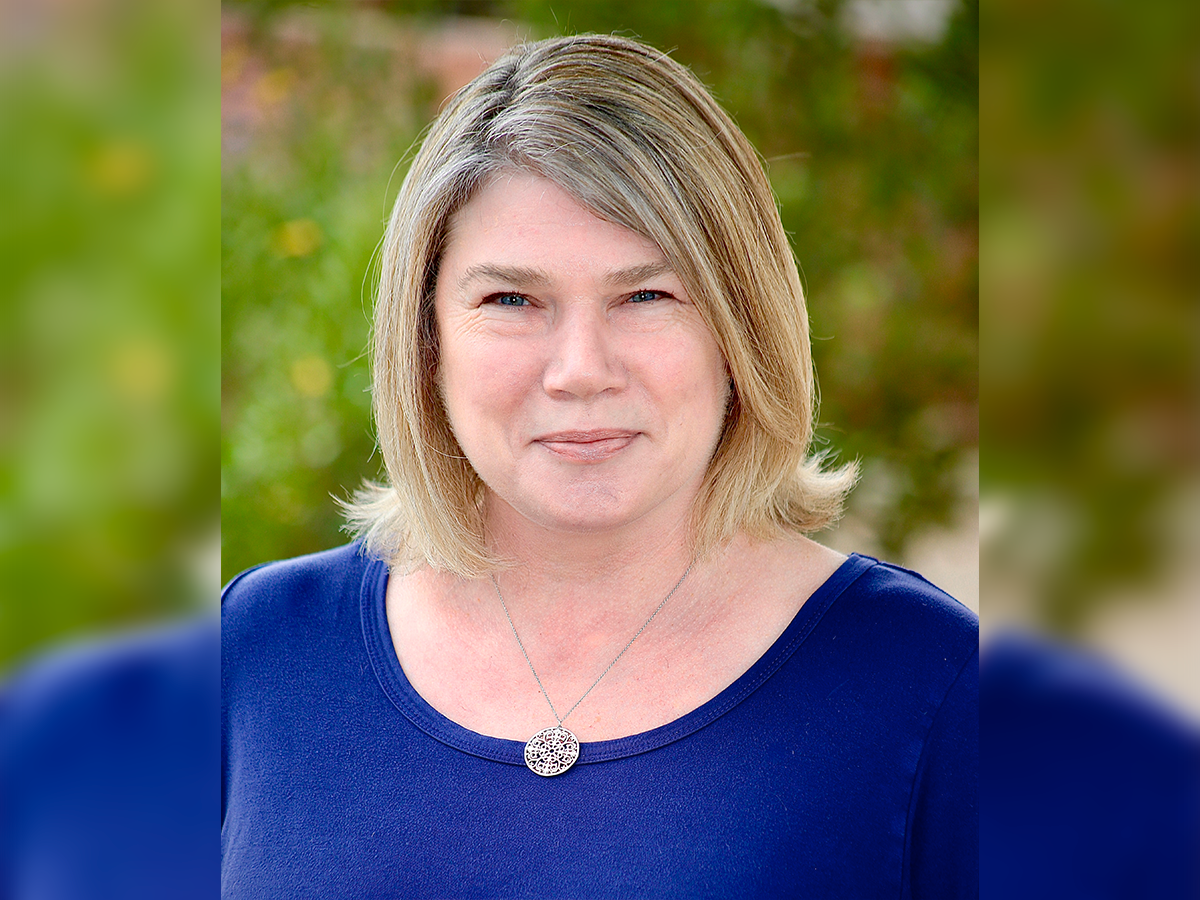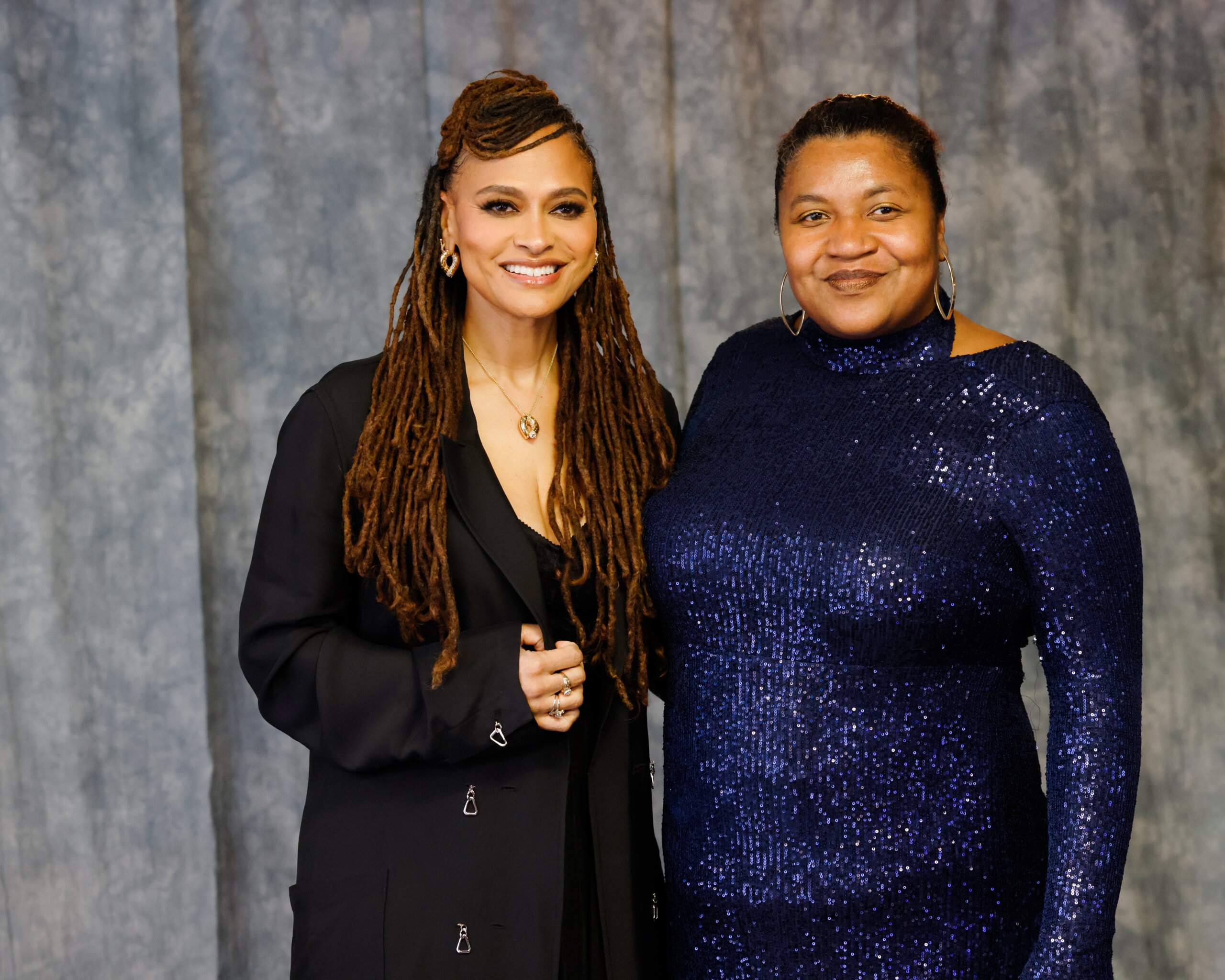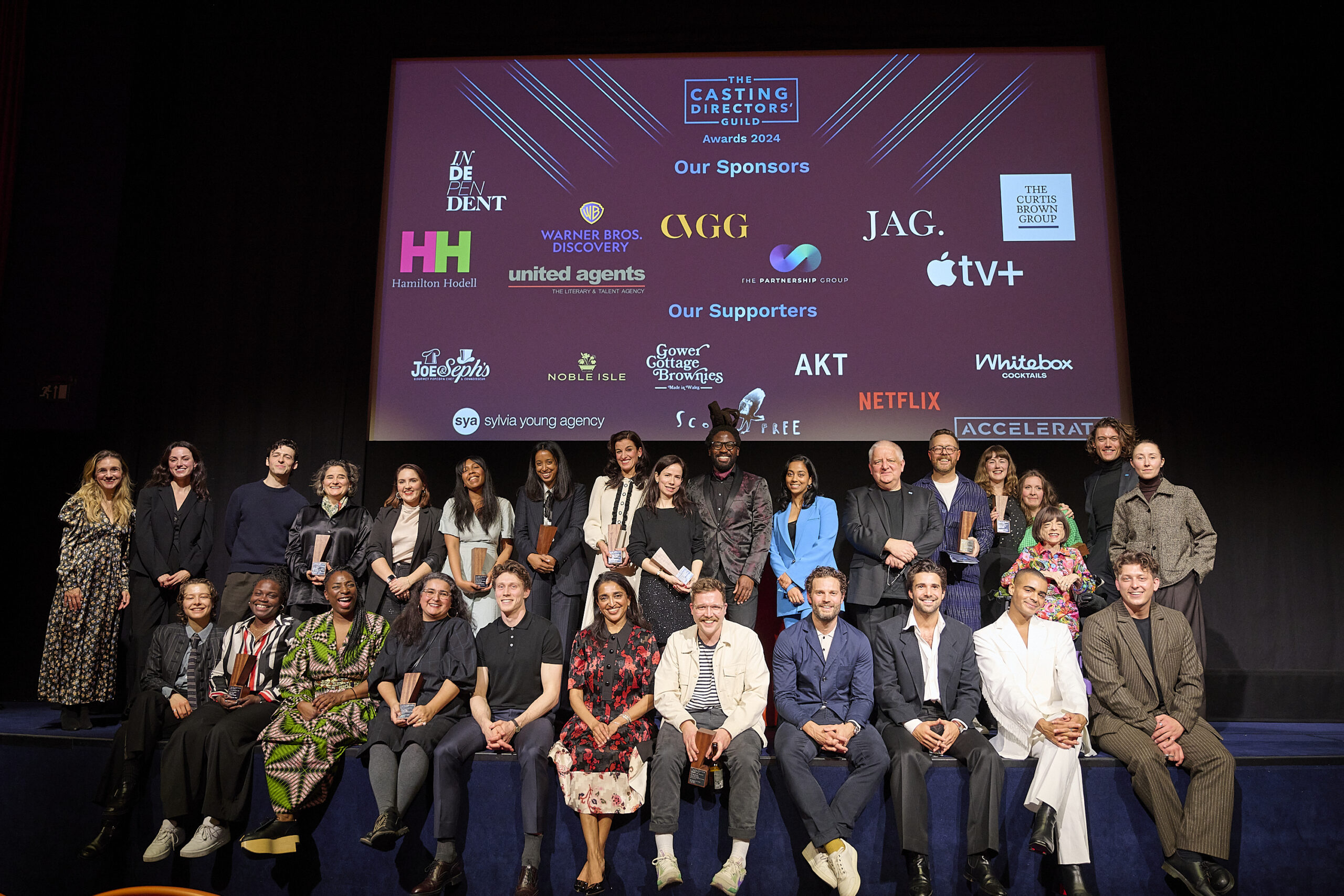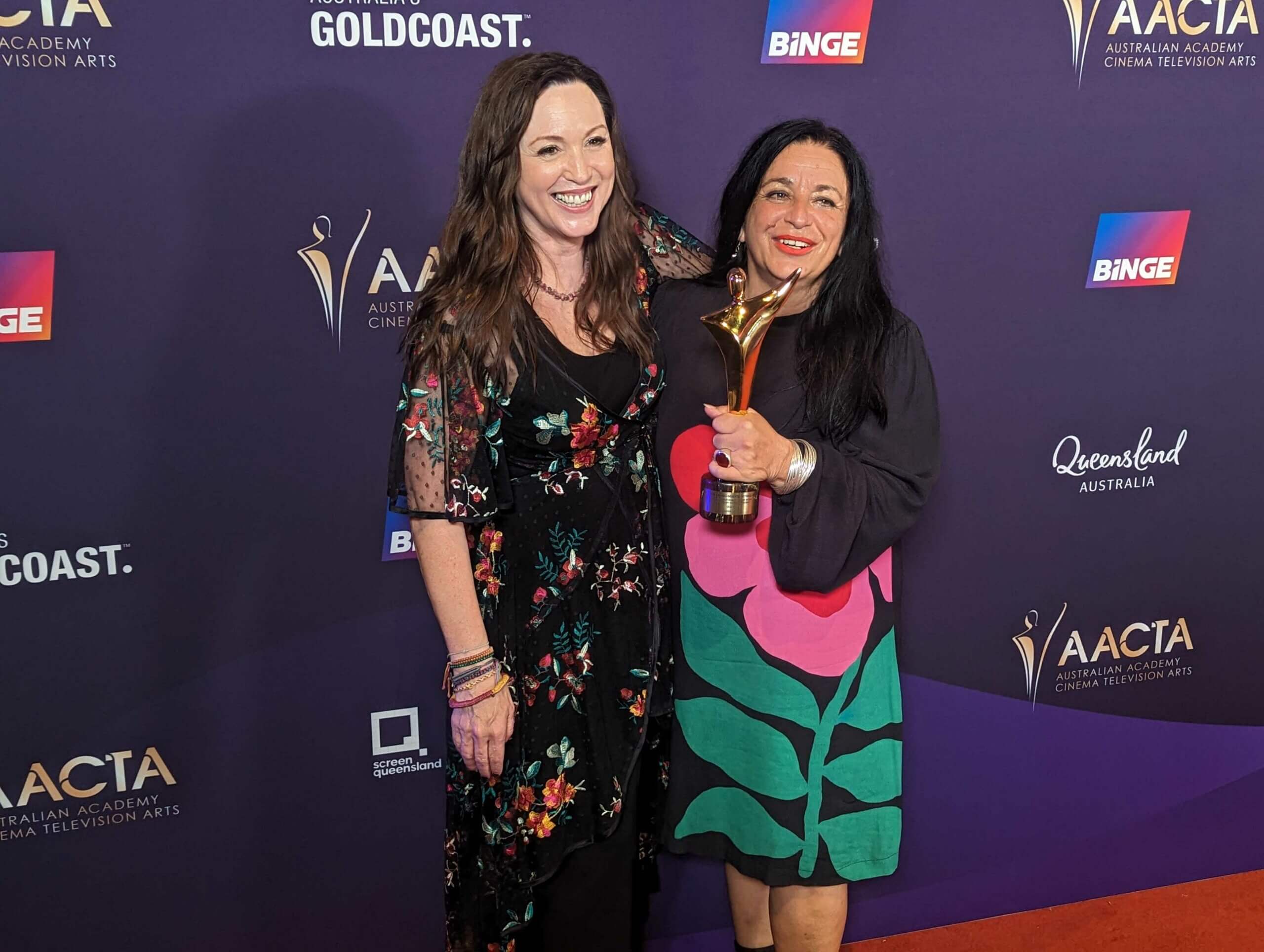Meet the Team: Marla Hunter, Senior Vice President of Human Resources
Marla Hunter joins Talent Systems®, parent company of Casting Networks®, as the senior vice president of Human Resources. Combining her colorful background in operations, people and investment banking with her love for small, high-growth companies, Hunter is excited to work with a passionate group of people at every level of the organization.
When she’s not diving into data, Hunter is participating in mentorship groups for young women. She took time out of her day to open up about her role, talk about a mentor who inspired the pay-it-forward work she does today and more.
Tell us a little bit about your background and your role at Casting Networks.
My background is very colorful, spanning different regions and different businesses, but always in the operations and people space. I think operations has a natural transition to people because business ops are only as effective as the people that are involved in and running them.
I started my very first foray into startups right out of college when I took a vacation to Maui, Hawaii, and connected with a physician over there who had a great business idea and wanted to do a startup. I was involved from the ground up in putting all that together because over in Hawaii there are very few resources. We had to do everything ourselves and it was a really great introduction. I think that’s when I caught the bug for startups.
Many startups, mergers, acquisitions and an IPO later, I ended up here at Talent Systems because it has all of the pieces in the puzzle of a company that I get really excited about. The most important part to me is really smart people doing interesting things and caring a lot about the people that work with them and for them.
I’ve come on as the senior vice president of Human Resources to partner with the executive team at a really strategic level to make sure that everything that touches the human capital is nurturing for the people and for the business as well.
What is your favorite part of the job?
My favorite part of the job, honestly, is watching everything click together. I know I’ve done a good job when two things happen- first, when employee satisfaction is high and second, when the business is healthy. When people are happy and they feel engaged and fulfilled, then the business naturally also thrives and I believe that those two things are very much interdependent.
I’m a data person and I’m a process person, which is not always the case for a Human Resources person, but I really enjoy solving problems and helping people find their inspiration and motivation so they can do the things they need to do and do them more effectively.
What are you most excited about working on here?
I’m excited to find out what’s working really well for people and what may not be working as well, help connect those things and help improve everyone’s work-life balance as well as everything that goes into driving the people and subsequently moving the business forward.
Despite the recent strikes, I think that the business is in a really exciting place and I think it has a great group of people propelling it forward . I’m most excited about seeing how I can add value to that and help keep on this trajectory that they have by optimizing the People function.
What’s something interesting or unexpected about your role that people would be surprised to know?
I think that Human Resources can sometimes get the reputation of coming in and telling people what they can and can’t do or what they should and shouldn’t do. Many times people are surprised by my philosophy, which is you can do whatever you want to do as a company or a CEO or even as an employee, you just need to be thoughtful and strategic about it – and I can help with both those things!
For me, everything comes down to problem-solving and making good decisions. Arming people with the tools and the information to help them get where they want to go and maybe just providing some alternate routes to get there. You’d be surprised how many things are motivated by miscommunication and how much more productive people can be when they feel seen and heard as opposed to just being told what to do.
What specifically drove you to pursue a career in human relations or Human Resources?
I didn’t pursue a career in human relations. As with most people, it’s something that evolved out of the experiences I was having, what I was doing and what I found I was good at.
What I first started out doing was crafting and helping build businesses, systems, processes and operations. It really evolved for me in the realization that all of those things involve people, and if you want them to be effective, you need to be really good at the people part of it, too.
You realize there are other factors that determine whether people are going to be high performers or not and sometimes you have the ability to move those levers and change that trajectory. It’s not about the person and their potential, it’s about whether you are utilizing their potential in the best way. I found that fascinating.
Is there a mentor or a person who inspired you that you helped you to get to where you are today?
It was a woman that I had met early on in my career who was an employment attorney and a fierce litigator. I had partnered with her on a few employment-related issues and she was just really dynamic. She was vibrant, exciting and interesting. She took me under her wing and really helped me find my voice and I still engage with her to this day.
When I first started out, I was more often than not the only woman in my environment. I would be the only woman on the leadership team, the only woman on the executive team or in the Board room. Those can be tricky waters to navigate and it was really important for me to have strong female guidance and support to help me gain my footing and build my confidence. I think that’s probably the case for many women and any underrepresented group in the business world.
She was and is still a great mentor to me and I try to give that back in as many ways as possible. A lot of it is through the work that I do, like creating mentorship opportunities for people within companies, building training programs that promote awareness of systemic and unconscious bias and creating equitable structure around things like compensation, titling and growth paths to ensure people are given access, opportunities and advancement for the right reasons.




